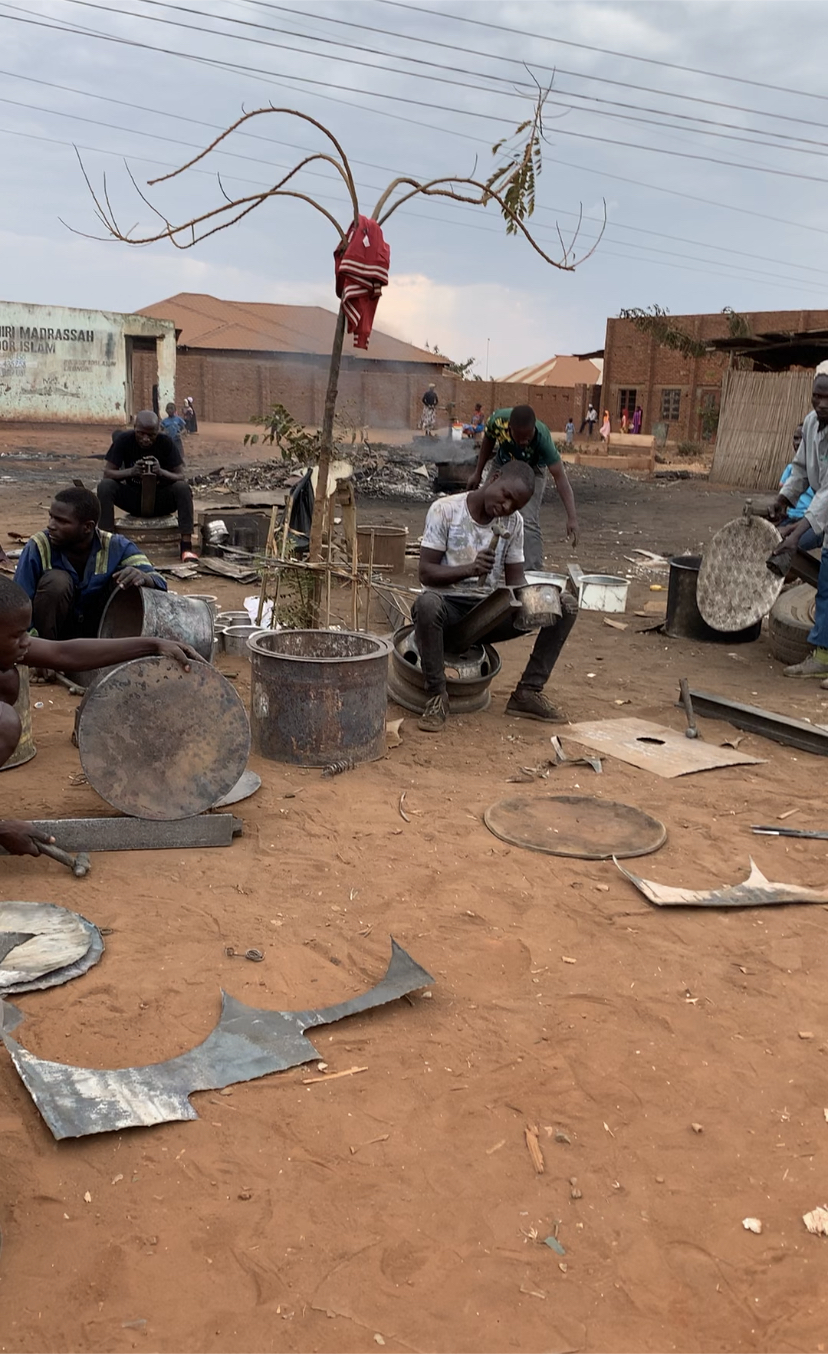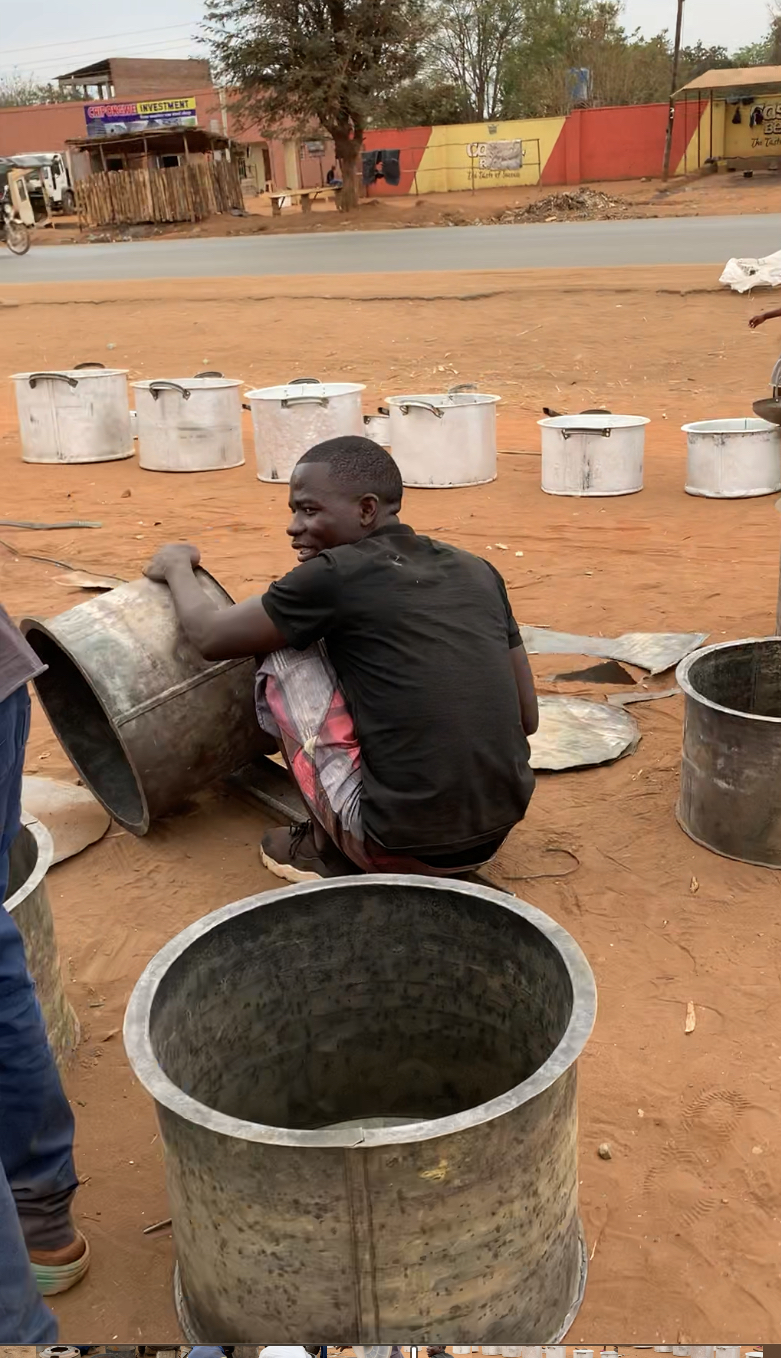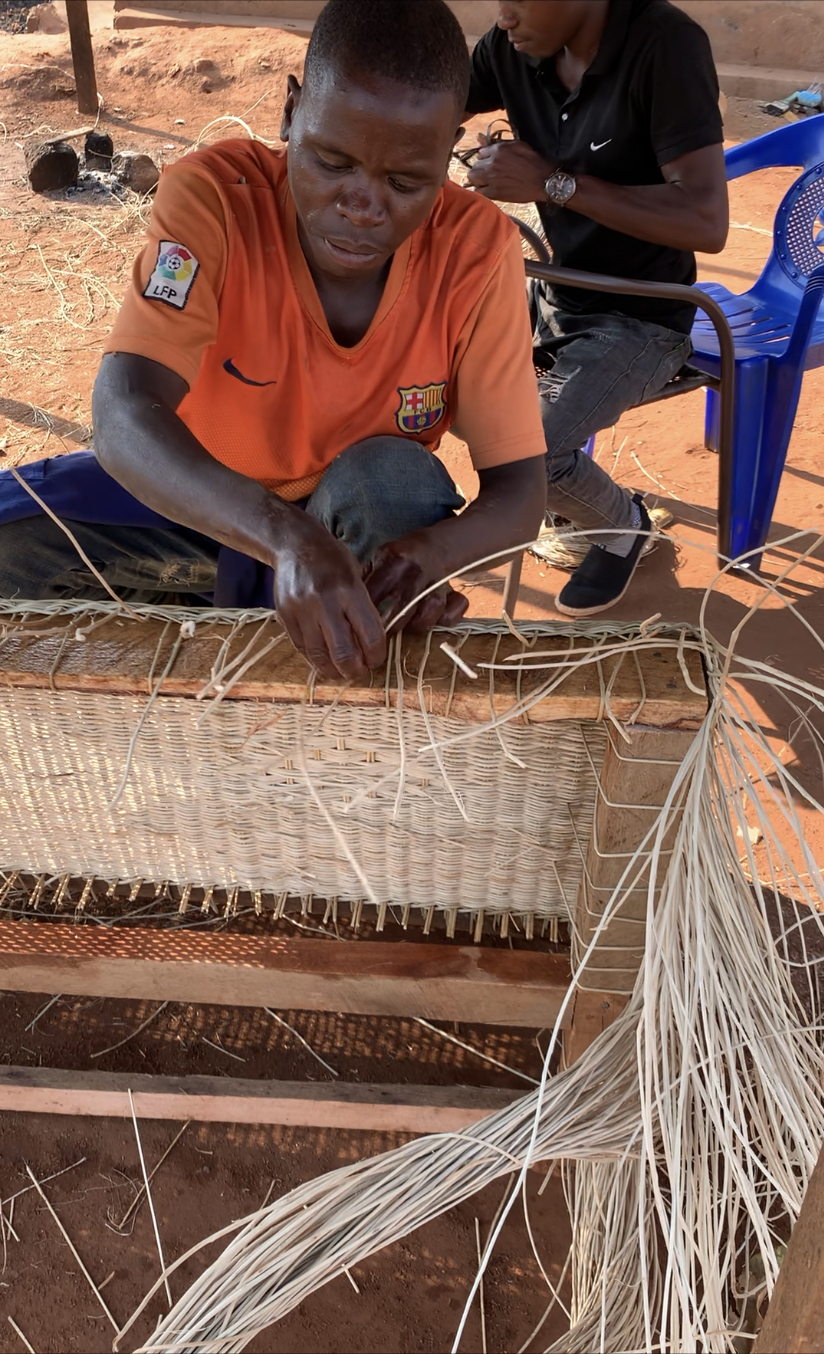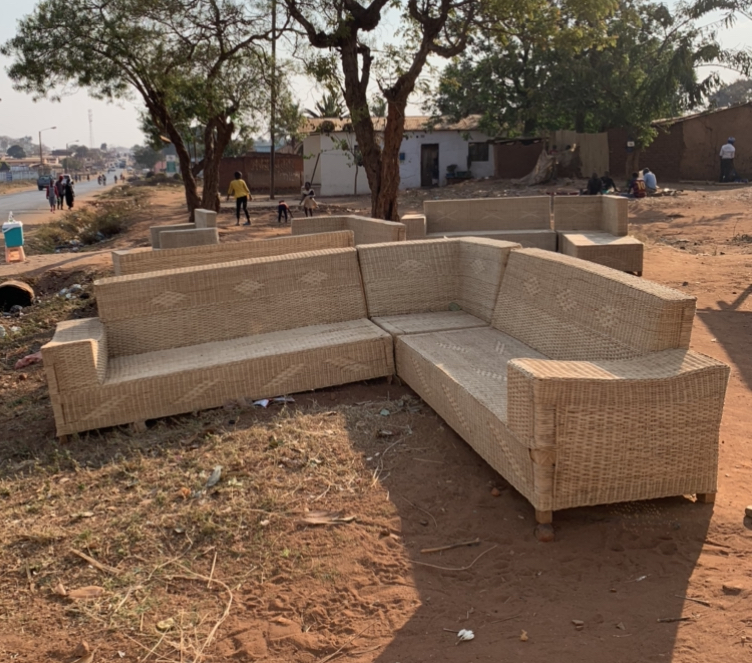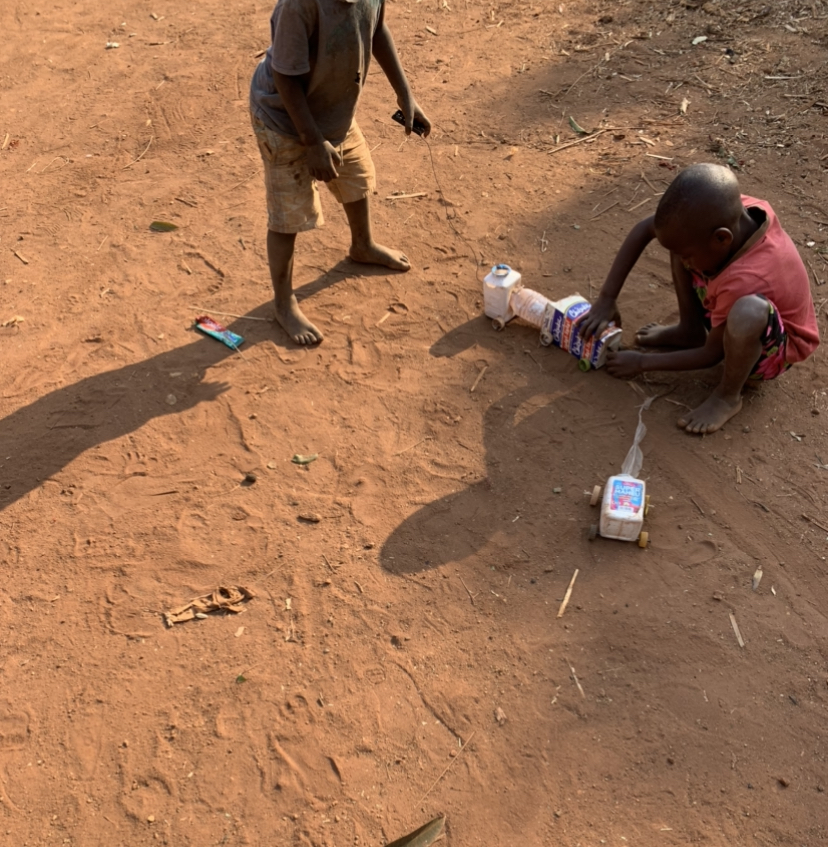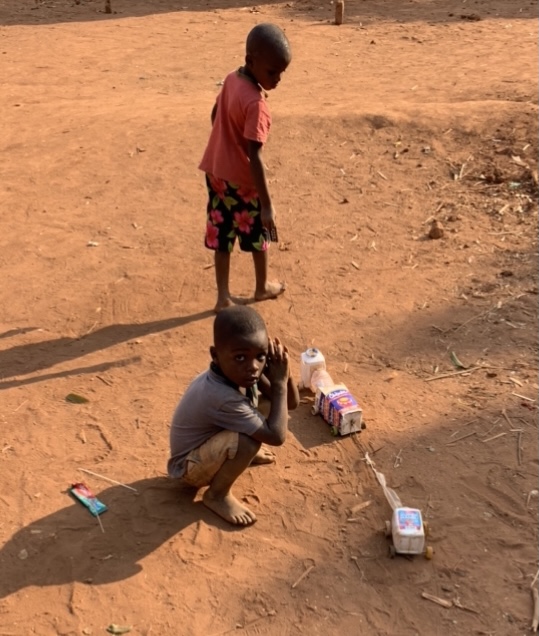A Letter from Cheryl Barnes, serving in Malawi
Fall 2021
Write to Cheryl Barnes
Individuals: Give online to E200537 for Cheryl Barnes’ sending and support
Congregations: Give to D507597 for Cheryl Barnes’ sending and support
Churches are asked to send donations through your congregation’s normal receiving site (this is usually your presbytery)
Subscribe to my co-worker letters
Dear friends
Letting go of stereotypes is never easy. It takes patience, time, and remarkable effort. It is a slow but steady process of learning how to reframe narratives so that the psyche begins to release a lifetime of indoctrination.
My formative years of education in the South did not validate my worth as an African American. My worldview was limited, and my knowledge of the greatness of Africa was non-existent. I was not taught as a child that some of the world’s great civilizations flourished in Africa in the years before 1500 and prior to the “Middle Passage” endured by millions of enslaved Africans. None of my teachers mentioned the fact that African countries participated in the international trade of gold, ivory and spices to Europe and Asia. Art teachers failed to share that African artisans created some of the world’s most intricate hand carvings from both wood and precious metals that are now exhibited in European museums. From elementary to high school, I never knew that the earliest evidence for mathematical activity was discovered in Swaziland, Africa, on the Lebombo bone. The stories of great African civilizations and inventions were suppressed and replaced with images of malnourished children sitting in barren deserts. These pictures were commonly found on magazine covers sitting on school library shelves.
It was with deep gladness and immense curiosity that I accepted the call to Malawi to partner with the Church of Central Africa Presbyterian (CCAP) as an Education Facilitator. This has proven to be one of the greatest gifts imaginable. I am now able to replace the mental and pictorial images from my childhood with images of hard-working resilient people and faces of smiling children. While it is still true that due to colonization, some African countries and specifically, Malawi, lack important resources, infrastructure, and economic opportunities, what needs to be stated is this: not all who are poor are impoverished. It is my intent as a Mission Co-worker to lift up the needs of Malawians without diminishing their potential and natural abilities.
As I travel around Malawi using COVID-19 protocols, I continue to be amazed by Malawians’ sheer ingenuity and excellence. Many items readily available on store shelves in America are routinely made by hand in Malawi. Mops, chairs, and tables, cooking pots, grills, and wooden utensils. Rugs, toys, clay pots, jewelry and even wigs. Everything you can think of is made by skillful artisans. It is apparent that Malawian citizens have developed a network of highly skilled workers who use their hands to produce goods. For those who prefer to buy imported goods, all of these items are easily accessible from the recently constructed malls in the capital city of Lilongwe.Watching these artisans work is a remarkable sight to behold, and I often stare in wonder at the hands that deftly move to craft such useful objects. Without a doubt, it speaks to the boundless abilities of the people in this developing country. I believe that their skilled handiwork is nothing short of a labor of love.
Even the youngest children learn how to take discarded items and craft them into creative play toys to share and enjoy. While I believe this type of ingenuity will never be a lost art, I am curious as to how we can begin to incorporate the teaching of this skill set into the primary school classroom. Most CCAP schools are geared to teaching a basic academic curriculum of mathematics, language and literacy skills. These skills are necessary for children to achieve success in a changing economic society. Unfortunately, the possibility of post-secondary education will never be a reality for many children in developing countries because their families lack the necessary income to pay the school and university fees. As I continue to learn how to best support the Education Directors, it is crucial that I gain more insight into the education systems and capabilities in Malawi, Zambia, and Zimbabwe. I must continue to ask questions and document my observations. I will continue developing relationships with Educators and the Education Directors so that we can work together to develop a sustainable plan for classroom instruction that incorporates an active learning instruction model.
I will never underestimate the vastness of this beautiful country and its incredible culture. It seems that what I was taught to believe about my African siblings is not actually what I am seeing and experiencing. For this reason, I must remain open to what God is doing in me and through me. It has been refreshing to replace tired and untrue narratives and engage in new conversations about the greatness of the African continent and her people. In doing this, I am better able to appreciate what true partnership means in the missional context.
Perhaps one of the many reasons that God continues to send mission workers into the world is not so much to teach Western concepts but to ignite our curiosity about the complex stories of the countries to which we are called. It is clear that this is where I am meant to be and that I am doing what Yeshua has asked of me. I plan to honor this gracious gift by remaining curious. This allows me to take full advantage of this wonderful opportunity because there is much to discover and still so much to learn. I invite you to go with me as I continue on this journey of curiosity and wonderment. As always, I am grateful for your prayers and financial support.
Zikomo. (Thank you).
Cheryl
Please read the following letter from Sara P. Lisherness, the interim director of World Mission:
Dear partners in God’s mission,
I don’t know about you, but daily my heart grows heavier. News about the pandemic, wars, wildfires, gun violence, racism, earthquakes and hurricanes cloud my vision. It’s hard to see hope; our world is in a fog. Yet we trust that God’s light and love transcend the brokenness of this time.
God is at work transforming the world, and you, through your prayers, partnership and encouragement, are helping us share this good news. Thank you for your faithful and gracious support of our mission personnel.
How can we see through the fog? What will the church be after the pandemic? Could it be that God is doing “a new thing” and is inviting us to perceive it? Through all the uncertainty we know that God’s steadfast love and care for all creation will prevail and that God’s Spirit is at work in each of us.
We all have an integral part to play in fulfilling God’s mission. As we seek to grow together in faithfulness there are three important steps I invite you to take in supporting our shared commitments to God’s mission:
Give – Consider making a year-end financial contribution for the sending and support of our mission personnel. Your support helps mission personnel accompany global partners as together they share the light of God’s love and justice around the world. Invite your session to include support for mission personnel in its annual budget planning.
Act – Visit The Mission Yearbook for Prayer and Study to delve deeper into the work God is doing through the PC(USA) and its partners in ministry around the globe: pcusa.org/missionyearbook.
Pray – Include our mission personnel, our global partners, and our common commitments to share God’s grace, love, mercy and justice in your daily prayers.
Thank you for your faithfulness to God’s mission through the Presbyterian Church. It is my prayer that you will continue to support this work with your prayers, partnership, and financial gifts in the coming year. We hope you will join us and our partners in shining a beacon of hope throughout the world.
In the light of hope,

Sara P. Lisherness, Interim Director
World Mission
Presbyterian Mission Agency
Presbyterian Church (U.S.A.)
To give please visit https://bit.ly/PCUSAmission
You are the light of the world. A city built on a hill cannot be hid. No one after lighting a lamp puts it under the bushel basket, but on the lampstand, and it gives light to all in the house. In the same way, let your light shine before others, so that they may see your good works and give glory to your Father in heaven. Matthew 5:14-16
![]() You may freely reuse and distribute this article in its entirety for non-commercial purposes in any medium. Please include author attribution, photography credits, and a link to the original article. This work is licensed under a Creative Commons Attribution-NonCommercial-NoDeratives 4.0 International License.
You may freely reuse and distribute this article in its entirety for non-commercial purposes in any medium. Please include author attribution, photography credits, and a link to the original article. This work is licensed under a Creative Commons Attribution-NonCommercial-NoDeratives 4.0 International License.
